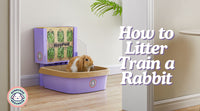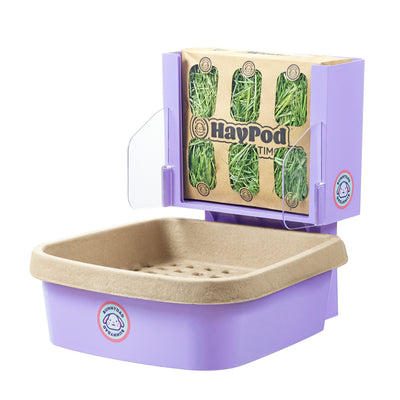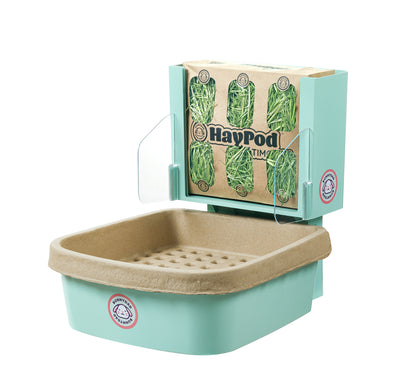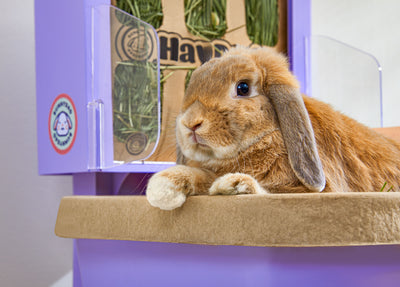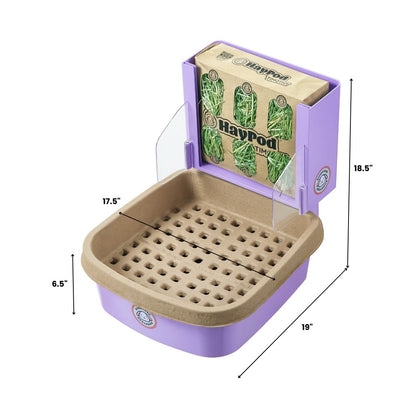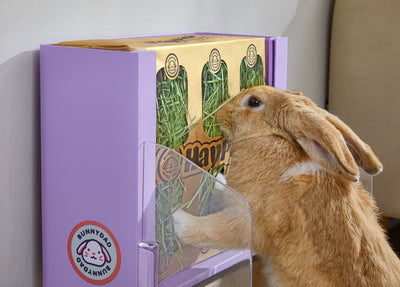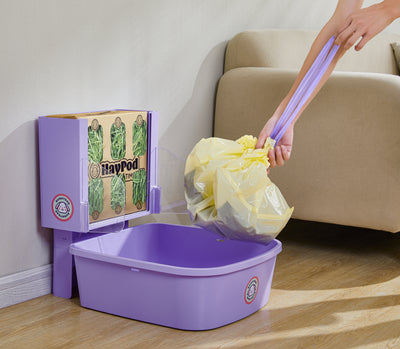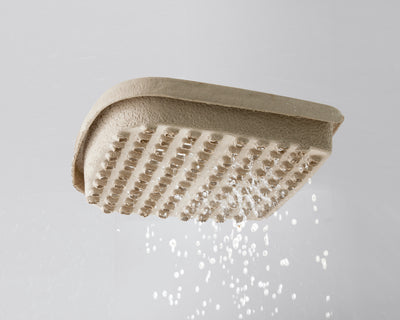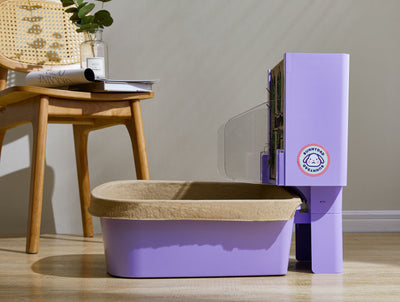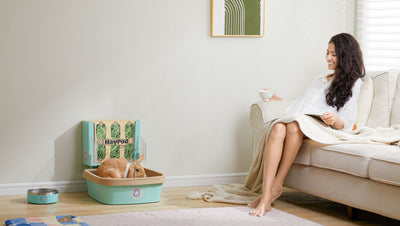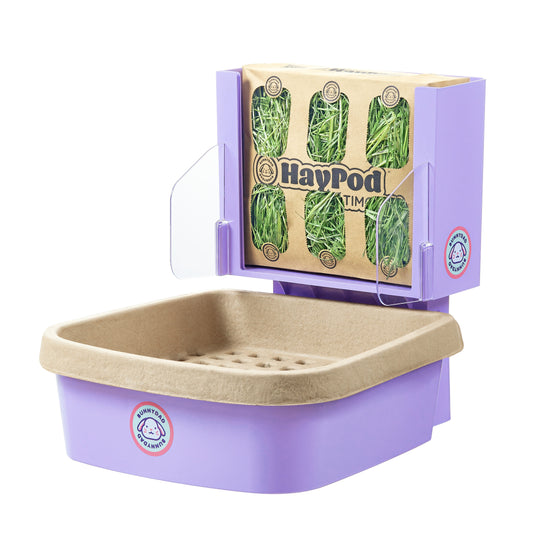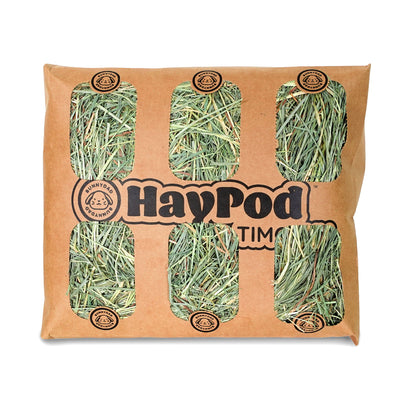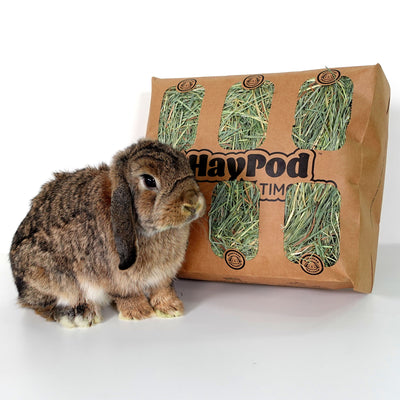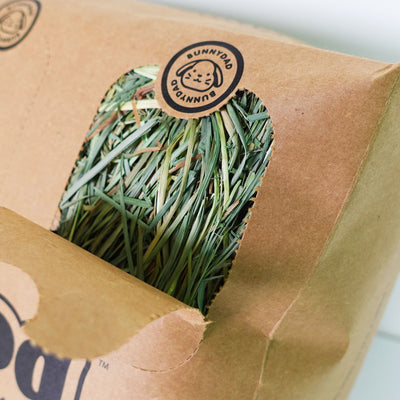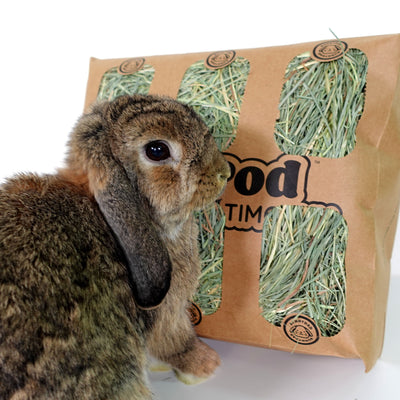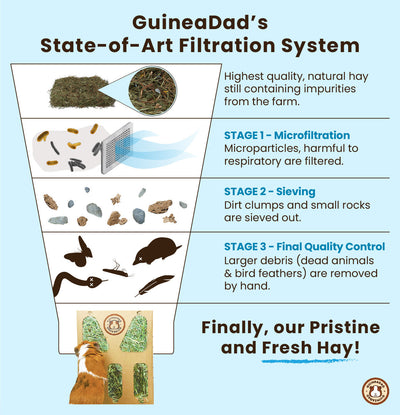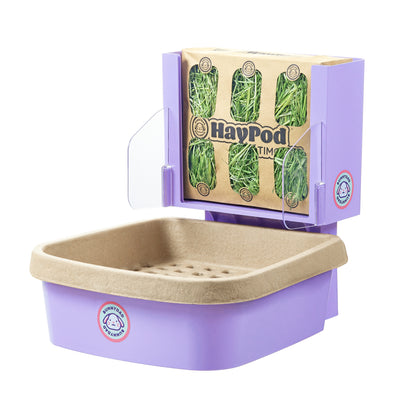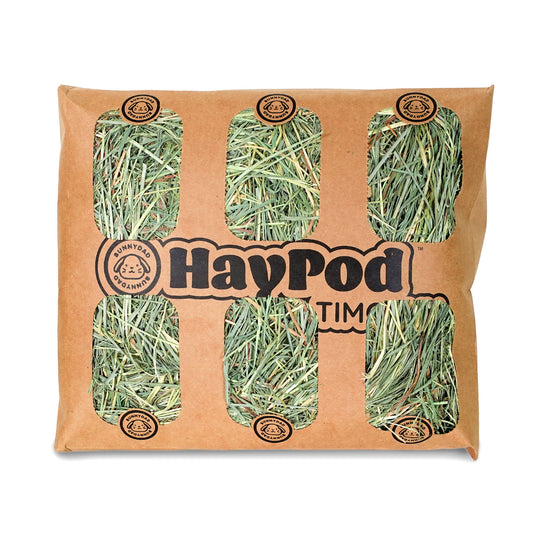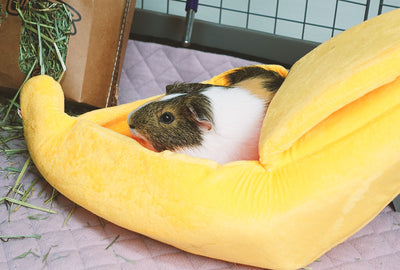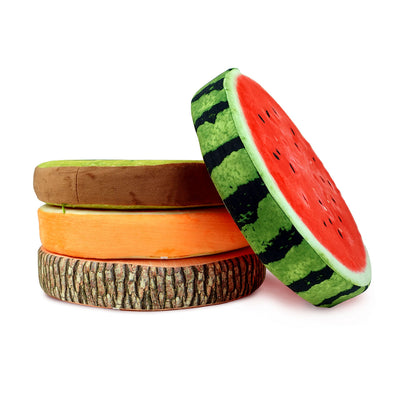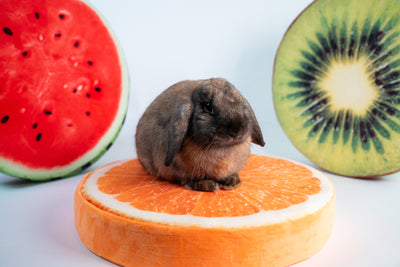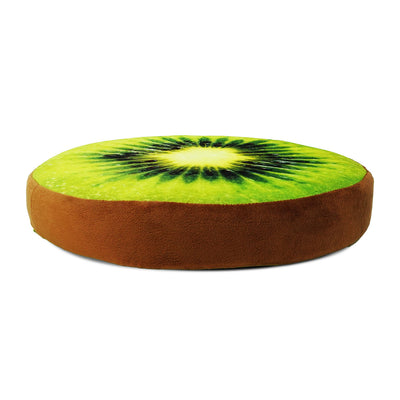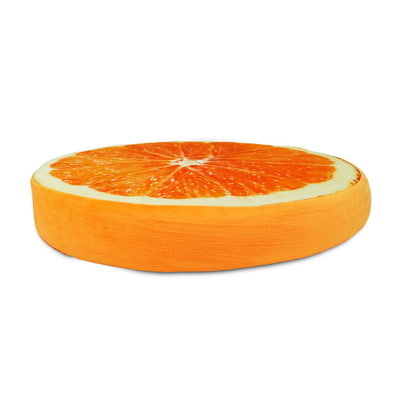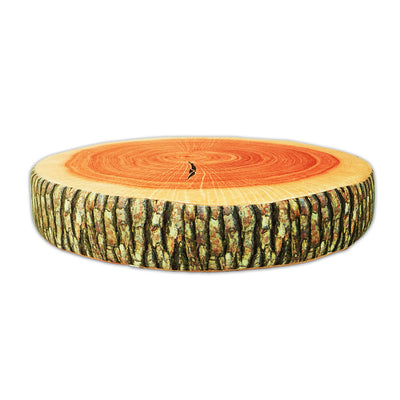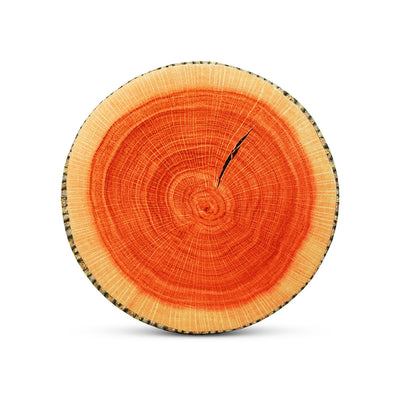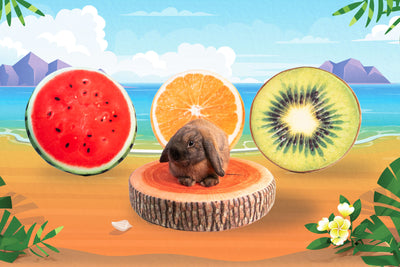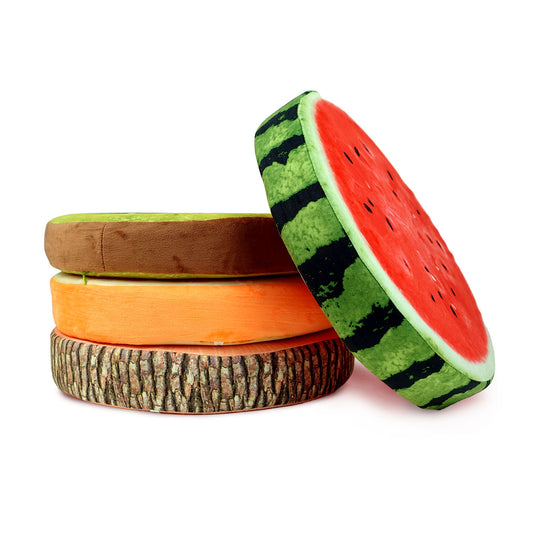Hey there, BunnyGang!
Any rabbit owner knows how quickly bunnies can endear themselves to you and become part of your family. As soft and vulnerable members of our families, we hate to see our pets’ lives impeded by painful and sometimes life-threatening illnesses. While some conditions can be unavoidable, knowing how to spot signs of a problem and address them early can make all the difference in the long term well-being of your pet.
This article will delve into seven prevalent health risks for rabbits, covering their common signs and symptoms, causes, explanations, possible treatments, and prevention strategies. As prey animals, rabbits will often try to hide pain or illnesses until they become unable to do so. This is because showing weakness or impaired defense in the wild can make an animal more vulnerable to predation, but it can also make it difficult for pet owners to diagnose a problem, or even notice that anything is wrong. Evolution has instilled a stoicism in our rabbits to help protect them, but in order for you to make sure your bunny isn’t suffering, it’s important to be able to spot any signs of illness, pain, or distress.
These seven health issues are some of the most common ones that bunnies face, so this list can be a good place to start when trying to determine what's wrong with your pet.
1. Ear infections
2. GI Stasis
3. Mites, Fleas, & Other Parasites
4. Snuffles (upper respiratory infections)
5. Overgrown teeth
6. Sore hocks (ankles)
7. Uterine infections and cancer
Identifying a Problem
We're not mind readers, and rabbits are notoriously guarded about sharing their ailments, so below are three ways to quickly determine that something may be up with your pet's health. 
One clear sign that something is wrong with your rabbit is a loss of appetite.
If your rabbit is showing little interest in their favorite foods or is starting to miss meals, contact your vet immediately.
Another strong indication that your rabbit is in pain and needs to be taken to a vet is if they're shaking while loudly grinding their teeth.
Rabbits will often grind their teeth gently when they're feeling comfortable and happy. This is normal and healthy, as it helps rabbits keep their teeth filed down to the correct size. However, if your rabbit does not appear comfortable, is shaking and being avoidant, and loudly grinding their teeth, this is a sign that they're dealing with severe pain and require a checkup with their vet immediately to avoid prolonged suffering and potential health complications from whatever is causing them pain.
If you're not sure which kind of teeth grinding your rabbit is doing, it never hurts to err on the side of caution and check in with the vet.
Finally, another observable indication that your rabbit may be dealing with an underlying health issue is if they're unusually lethargic and reluctant to move. Happy, healthy bunnies should be energetic and full of binkies. If your rabbit is sleeping more than usual, seems to have pain or discomfort when they move, and lacking the joi de vivre to binky, there's a problem. Talking to your vet can help you determine what might wrong with your pet and how best you can help them. If you believe your rabbit may be having issues related to their diets, you can learn from this list of Unsafe Foods for Rabbits, or contact your vet for more information.
For other common issues affecting rabbits, you can find them below:
1. Ear Infections
Ear infections are a painful and potentially dangerous condition that can affect rabbits of all ages and breeds. They often occur when bacteria or fungi enter the ear canal and multiply, causing inflammation. Here's what you need to know:
- Head tilting
- Scratching or pawing at the affected ear
- Shaking the head
- Loss of balance or coordination
- Discharge from the ear, which can be yellow, brown, or bloody
Common Causes:
- Poor ear hygiene
- Foreign objects lodged in the ear
- Bacterial or fungal infections
- Dental problems leading to abnormal tooth growth, which can affect the ear canal
The head tilting and loss of balance occur because the infection disrupts their equilibrium. In addition to being extremely painful and distressing for your bunny, if left untreated, ear infections can lead to severe complications, like neurological damage.
Possible Treatments:
- Antibiotics or antifungal medications prescribed by a veterinarian
- Regular cleaning of the affected ear
- Pain relief medication, if necessary
Prevention:
- Regularly inspect and clean your rabbit's ears, especially if they have long ears.
- Ensure your rabbit's living environment is clean to reduce the risk of infections.
- Keep an eye out for any foreign objects that might get stuck in their ears.
- G.I. Stasis

Gastrointestinal (GI) stasis is a critical and potentially life-threatening condition in rabbits. It occurs when the digestive system slows down or stops functioning entirely. Understanding its signs, causes, and prevention is vital.
Common Signs & Symptoms:
- Decreased or complete lack of appetite
- Reduced or absent fecal output
- Lethargy
- Hunched posture
- Gurgling or bloated abdomen
Common Causes:
- Inadequate diet (lack of fiber)
- Stress or environmental changes
- Dental issues preventing proper chewing
- Hairballs (trichobezoars)
- Dehydration
GI stasis can lead to the buildup of gas and toxins in the rabbit's digestive system, causing severe discomfort and potentially fatal complications like gut rupture.
Possible Treatments:
- Immediate veterinary care is crucial.
- Fluid therapy to combat dehydration
- Medications to stimulate gut motility
- Pain relief medications
- Grooming and hairball removal
- A diet high in fiber to prevent recurrence
Prevention:
- Provide a diet rich in hay and fresh vegetables to maintain proper gut motility.
- Minimize stress and environmental changes.
- Regular grooming to reduce the risk of hairballs.
- Ensure your rabbit stays hydrated, especially during hot weather.
- Mites, Fleas, Ticks, & Other Parasites

Rabbits are very susceptible to external parasites like mites and fleas, which can cause itching, general discomfort, and skin problems. Being aware of the signs, causes, and preventive measures is essential.
Common Signs & Symptoms:
- Excessive scratching, biting, or grooming
- Hair loss
- Red or irritated skin
- Presence of tiny parasites or eggs in the fur
- Scabs or crusts on the skin
Common Causes:
- Contact with infected animals or environments
- Poor hygiene
- Stress, which can weaken the immune system
Mites and fleas can cause intense itching and discomfort for rabbits. In severe cases, excessive scratching can lead to secondary bacterial infections.
Possible Treatments:
- Topical treatments or spot-on medications prescribed by a veterinarian
- Isolation of infected rabbits to prevent spreading
- Cleaning and disinfecting the living environment
Prevention:
- Regularly inspect your rabbit's fur for signs of parasites.
- Maintain clean living quarters.
- Avoid contact with animals or environments known to be infested.
- Provide a stress-free environment to boost the immune system.
- Snuffles (Upper Respiratory Infections)

Snuffles, or upper respiratory infections, are common among rabbits and can vary in severity. They are typically caused by the bacterium Pasteurella multocida.
Common Signs & Symptoms:
- Sneezing
- Nasal discharge (clear or cloudy)
- Eye discharge
- Labored breathing
- Reduced appetite and lethargy
Common Causes:
- Bacterial infection (Pasteurella multocida)
- Stress
- Poor ventilation or overcrowded living conditions
Snuffles can be mild or progress to severe respiratory distress if left untreated. Chronic infections can lead to abscesses and other complications.
Possible Treatments:
- Antibiotics prescribed by a veterinarian
- Humidifier or nebulizer therapy to ease respiratory distress
- Good hygiene practices to prevent the spread to other rabbits
Prevention:
- Isolate infected rabbits to prevent spreading the infection.
- Maintain a clean and well-ventilated living environment.
- Minimize stress, which can weaken the immune system.
- Overgrown Teeth
Rabbits have continuously growing teeth, and if they don't wear them down naturally, overgrown teeth can become a severe health issue.
Common Signs & Symptoms:
- Drooling
- Reduced or loss of appetite
- Weight loss
- Difficulty eating
- Swelling around the jaw
Common Causes:
- Genetic predisposition
- Inadequate diet (lack of hay)
- Dental malocclusion (misalignment of teeth)
Overgrown teeth can lead to painful abscesses, difficulty eating, and even malnutrition if left untreated.
Possible Treatments:
- Dental trimming or filing by a veterinarian
- A diet high in fiber to encourage proper tooth wear
- Pain relief medication
Prevention:
- Provide unlimited access to hay, which helps naturally wear down teeth.
- Regularly check your rabbit's teeth for signs of overgrowth.
- Select rabbit breeds with fewer dental issues if you plan to get a new pet.
- Sore Hocks (Ankles)

Sore hocks, also known as pododermatitis, is a condition that affects the hind legs of rabbits, particularly those housed on hard or wire-bottom floors. Rabbits don’t have foot pads on the bottoms of their feet like many animals do, so if you do need to keep your rabbit in a hutch or other enclosure, it’s imperative that they have a soft, non-wire flooring to protect their sensitive feet.
Common Signs & Symptoms:
- Red, swollen, or ulcerated hock joints (ankles)
- Difficulty walking
- Reluctance to move
- Hair loss or sores on the hocks
Common Causes:
- Poor flooring choices (hard or wire surfaces)
- Obesity
- Lack of proper bedding or padding
- Bacterial infections
Sore hocks can be extremely painful and may lead to infections if not addressed promptly. Soft flooring is important for all rabbits’ homes, but especially if your rabbit has sore hocks or foot injuries, having exclusively soft, padded surfaces is essential for them to fully heal.
Possible Treatments:
- Provide a softer, more comfortable living environment
- Regular cleaning and disinfection of affected areas
- Medications to address pain and infection
Prevention:
- Choose appropriate flooring materials such as soft bedding or grass mats.
- Keep your rabbit at a healthy weight to reduce pressure on the hocks.
- Regularly inspect your rabbit's hocks for signs of soreness or injury.
- Uterine Infections and Cancer

Female rabbits, especially those not spayed, are at risk of uterine infections (pyometra) and cancer (uterine adenocarcinoma). These conditions can be life-threatening.
Common Signs & Symptoms (Pyometra):
- Vaginal discharge (may be bloody or purulent)
- Lethargy
- Reduced appetite
- Swollen abdomen
Common Signs & Symptoms (Uterine Cancer):
- Vaginal bleeding
- Enlarged or palpable mass in the abdomen
- Lethargy
- Weight loss
Common Causes:
- Hormonal changes
- Aging (a rabbit’s risk of uterine cancer increases naturally with age)
- Genetics
- Not spaying female rabbits
Uterine infections and cancer can be severe and rapidly progress if not detected and treated promptly. Pyometra, in particular, can lead to a life-threatening condition if the uterus ruptures.
Possible Treatments:
- Spaying (removal of the uterus and ovaries) is the most effective preventive measure.
- Antibiotics for uterine infections
- Surgery or chemotherapy for uterine cancer, depending on the stage
Prevention:
- Spaying female rabbits at a young age significantly reduces the risk of these conditions.
- Regular veterinary check-ups to monitor for early signs of disease.
____
Rabbits are delightful companions and make loving additions to any household, but even with the proper precautions and environments, they are still susceptible to various health complications that can drastically impair their quality of life. Being attentive to these common health issues, their causes, signs, and preventative measures is our duty as responsible pet owners, friends, & family members, and will result in a longer and happier life for your bunny. Remember that seeking prompt veterinary care when needed is crucial to ensuring your rabbit's happiness and longevity. By following preventive strategies and promptly addressing any health concerns, you can provide your furry friend with the best possible care, making life better for everyone involved.








